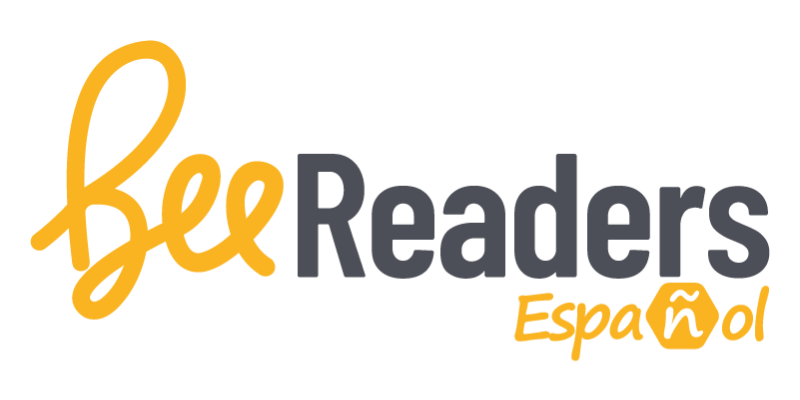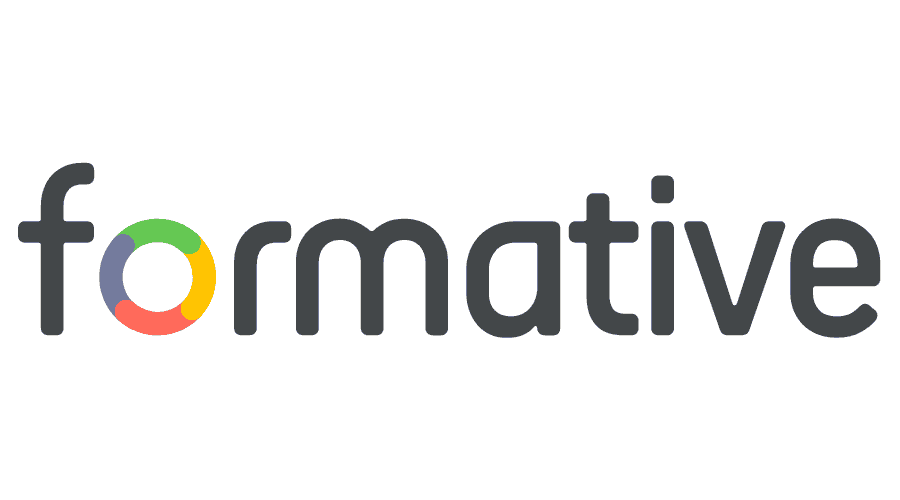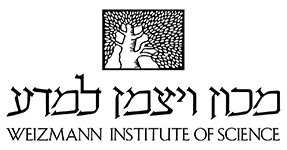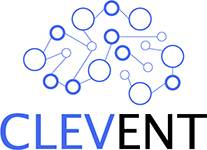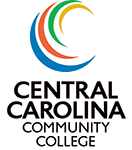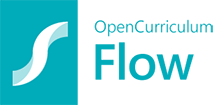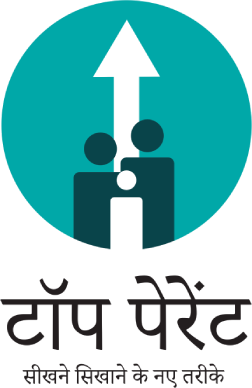Previous Winners
The Tools Competition was created to accelerate learning outcomes for all learners and boost collaboration between technologists, researchers, and educators. Annually, unique tracks spur innovation to address the most pressing issues in learning.
Since its first cycle, the Tools Competition has named 80 winners from 35 countries. By 2026, winning tools will impact 107+ million learners from early childhood to adulthood. Learn more about each of the winning tools and teams below.
Learn about the Winners
Our Winners are Accelerating Learning Worldwide
Winners
- Teacher Tapp
x
Winners
- NABU Formative Literacy Assessment
x
Winners
- TOY8 Screening
- Smart Paper
x
Winners
- BRIGHT_START
x
Winners
- ChatClass
x
Winners
- NABU Formative Literacy Assessment
x
Winners
- Kvasir
x
Winners
- Tilli
- Teacher Tapp
- Ocobox
- Peer Assisted Learning Systems
- READ-Y
x
Winners
- Rising On Air Interactive
x
Winners
- Darsel
x
Winners
- Markr: the AI-assisted grading tool
x
Winners
- Wumbox
x
Winners
- Beaj – Skills for Tomorrow
x
Winners
- READ-Y
x
Winners
- Play My Math
x
Winners
- Botter
x
Winners
- Dyscover
- Wumbox
x
Winners
- TOY8 Screening
x
Winners
- Generation
x
Winners
- Adaptiv’Math
x
Winners
- Botter
- Teacher Tapp
x
Winners
- Escritura+
- Math with +Meaning
- Wumbox
x
Winners
- QuickTA
x
Winners
- Rising On Air Interactive
x
Winners
- EIDU Contributor Platform
x
Winners
- Rising On Air Interactive
x
Winners
- Play My Math
- EIDU Contributor Platform
x
Winners
- The Platform for Actionable Reading Assessment
- The Mathematical Discourse Teaching Simulator
- Tilli
- Generation
- ThinkCERCA Writing and Feedback Tool
- Escritura+
- RightOn!
- Early Numeracy Learning Intervention
- NABU Formative Literacy Assessment
- Reading So Lit
- The Growth Coach
- Hilight
- iThrive Sim
- EdMod Smart Rosters
- AI-Learners
- Teacher Moments: Everyday AI for Coaching
- REACH College and Career Pathways
- PeerTeach
- READ-Y
- Rapid Online Assessment of Reading (ROAR)
- pABC APP
- consistentlyBetter
- ASTRA: An AI-based tool to analyze math-learning strategies in big-data
- Unreal Virtual Factories
- Skills Empowerment Passport
- QuickTA
- HyperSkill
- Elevate
- Caselet
- OpenCurriculum Flow
- Automated Assessment of Classroom Discussion Quality
- Scalable Methods for Customized Digital Learning
- Open Game Data
- Understanding Mind Wandering During Learning
- M-Powering Teachers
- My Academic Pathway Toolkit
- UnlockEd
- Fast Cycle Feedback
- Tracking the Math Process
- Short Answer
- Actionable Assessment
- ART-Math
- Oko
- Authentic Math Problems & Solutions
- RecapCS
- Automated Readability Tool for English (ARTE)
- TeacherPrints with LearningFlow
- Graspable Math Teams
- Boost
- Speak Agent Math+Language
- Teaching Lab Plus
- On-Demand Math Tutoring
- Multimodal Toolkit
- Podsie
- Springboard’s At-Home Literacy Screener
- Kolibri
x
Winners
- ThinkCERCA Writing and Feedback Tool
x
Winners
- BRIGHT_START
x
Winners
- Tilli
x
Winners
- ThinkCERCA Writing and Feedback Tool
- Wumbox
x
Winners
- Dyscover
- NABU Formative Literacy Assessment
x
Winners
- GrouPer
x
Winners
- Tilli
- Smart Paper
- Peer Assisted Learning Systems
- Plio
- YouthNet
- Play. Connect. Learn.
- ThinkZone
- Early Numeracy Learning Intervention
- Darsel
x
Timeline
-
November 10 2023Deadline for Phase I
AbstractsCompetitors submit a 750-word abstract describing the concept for their tool and responding to the evaluation criteria. -
December 8 2023Select competitors invited
to Phase II -
February 2 2024Deadline for Phase II
ProposalsCompetitors develop a 3,000-word proposal and budget detailing their tool and its technology and responding in detail to the evaluation criteria. Rubrics will be posted when Phase II opens. -
April 2024Finalists invited to Phase III
pitches -
April-May 2024Phase III Pitches (virtual)Finalists pitch before a panel of expert judges and have the opportunity for support and feedback in crafting their pitch.
-
June 2024Winners AnnouncedWinners are announced and receive the first installment of their award. Winners receive coaching, the opportunity to connect with leaders in the field, and the ability to present to researchers or to refine their tool.
-
Year Following the
CompetitionWinner Impact StudyAll winners will work with Georgia State University during the year following the competition to define impact measures for their tool and set up processes for ongoing data collection and evaluation. -
December 2024Product Review DayWinners present on their progress to date and receive feedback from other winners and leaders in the field. Progress is considered against winner’s proposal and receive the second installment of their award after Product Review Day.







